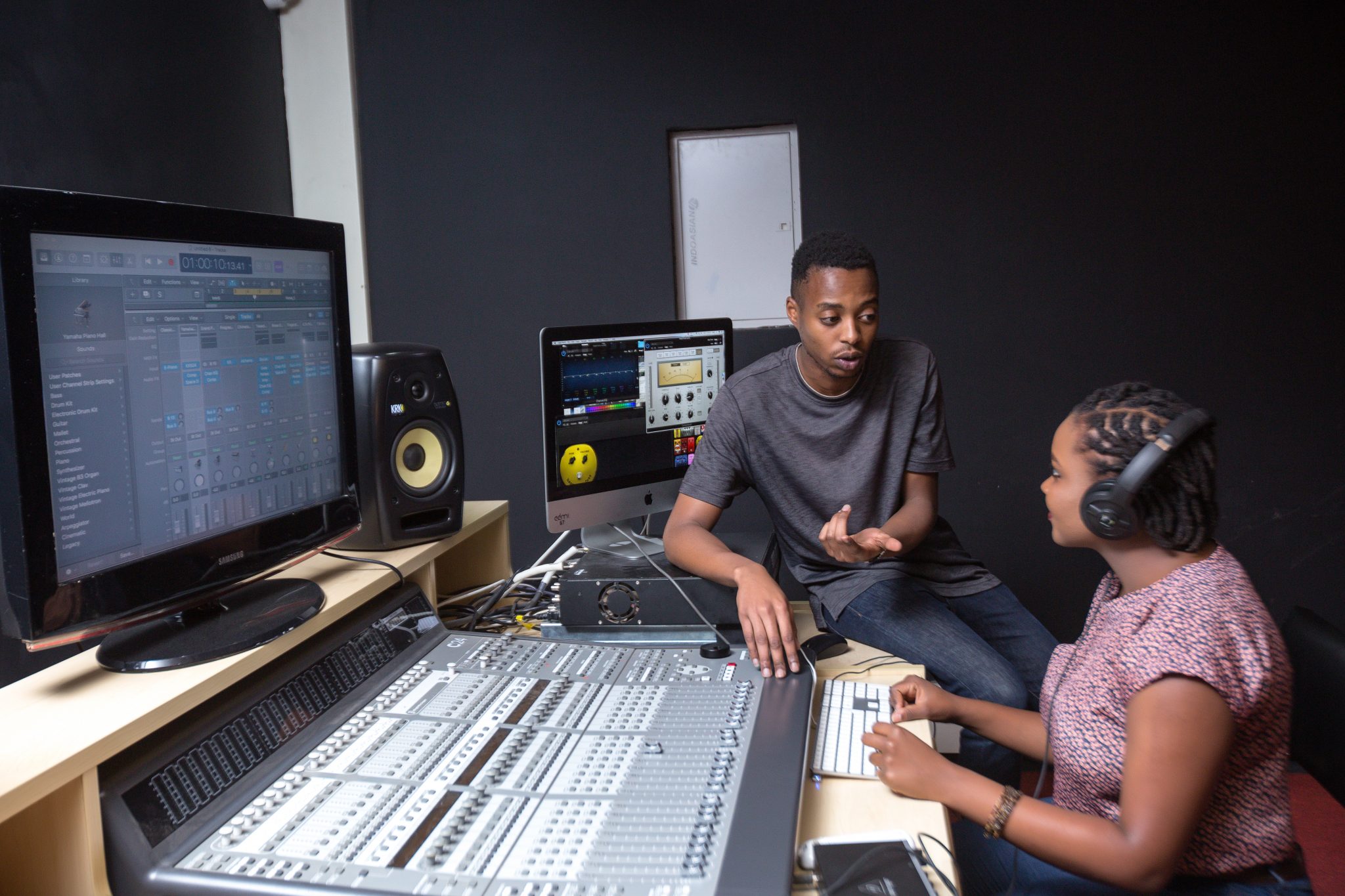
Are sound engineers in high demand? What do sound engineers do, and where can one study sound engineering? These are just a few questions aspiring audio enthusiasts often ponder when considering a career in sound engineering. In this comprehensive article, we will delve into the world of sound engineering, uncovering the demand for sound engineers, the skills required, and where you can study to become a master of audio.
The High Demand for Sound Engineers
The demand for sound engineers has surged in recent years, driven by the ever-expanding entertainment industry. From music production and live concerts to film and television soundtracks, sound engineers play a pivotal role in ensuring that audio experiences are nothing short of spectacular.
In the music realm, sound engineers collaborate with artists to capture and fine-tune their music, ensuring it sounds flawless on different platforms. Whether you’re streaming a song on your smartphone or enjoying it in a packed concert hall, a sound engineer’s expertise is behind that crystal-clear audio.
In the film and television industry, sound engineers work diligently to capture dialogue, ambient sounds, and special effects. Their magic lies in creating immersive auditory experiences that transport audiences into the heart of the story. This growing demand for impeccable sound quality means that sound engineers are indeed in high demand.
Skills Required for Sound Engineers
Sound engineering is a dynamic field that demands a unique skill set. Aspiring sound engineers should possess:
- Technical Proficiency: Mastering various sound equipment and software is crucial. Proficiency in digital audio workstations, mixing consoles, and microphone techniques is essential.
- Attention to Detail: Sound engineers must have a keen ear for nuances in audio. They meticulously adjust sound levels, eliminate unwanted noise, and ensure audio quality.
- Creativity: Beyond technical skills, creativity is vital. Sound engineers often collaborate with artists and directors to achieve a specific audio aesthetic.
- Problem-Solving: In the world of live sound and studio recording, issues can arise unexpectedly. Sound engineers must be quick problem solvers to ensure smooth performances and recordings.
- Communication: Effective communication is key when working with musicians, producers, and directors. Clear communication ensures everyone is on the same page regarding audio goals.
Where Can You Study Sound Engineering?
To embark on a journey in sound engineering, you need the right education and training. Africa Digital Media Institute (ADMI) offers a comprehensive Diploma in Sound Engineering, providing aspiring sound engineers with the technical skills and artistic finesse needed to excel in the world of sound.
ADMI’s sound engineering program covers various aspects, including microphone selection, studio setup, mixing, mastering, and live sound recording. Through hands-on training and access to state-of-
the-art equipment, students get real-world experience and learn how to use microphones, consoles, and digital audio workstations (DAWs) effectively.
The diploma program spans two academic years, consisting of five semesters of intensive training. Whether you aspire to work in music production, live sound reinforcement, or studio engineering, this program provides the foundation and practical experience necessary for a successful career in sound engineering.
Conclusion
In conclusion, sound engineering is a vibrant field with high demand, offering opportunities in music, film, television, and more. ADMI’s Diploma in Sound Engineering provides the necessary education and training to embark on a successful career in this exciting industry. Whether you dream of producing chart-topping music or crafting immersive soundscapes for film, sound engineering is a journey that promises both artistic fulfillment and professional growth.



